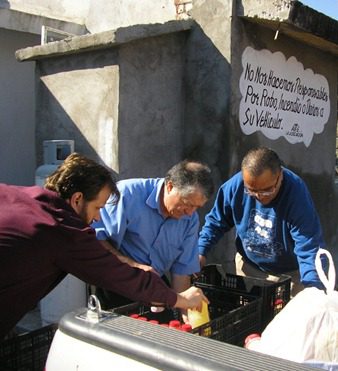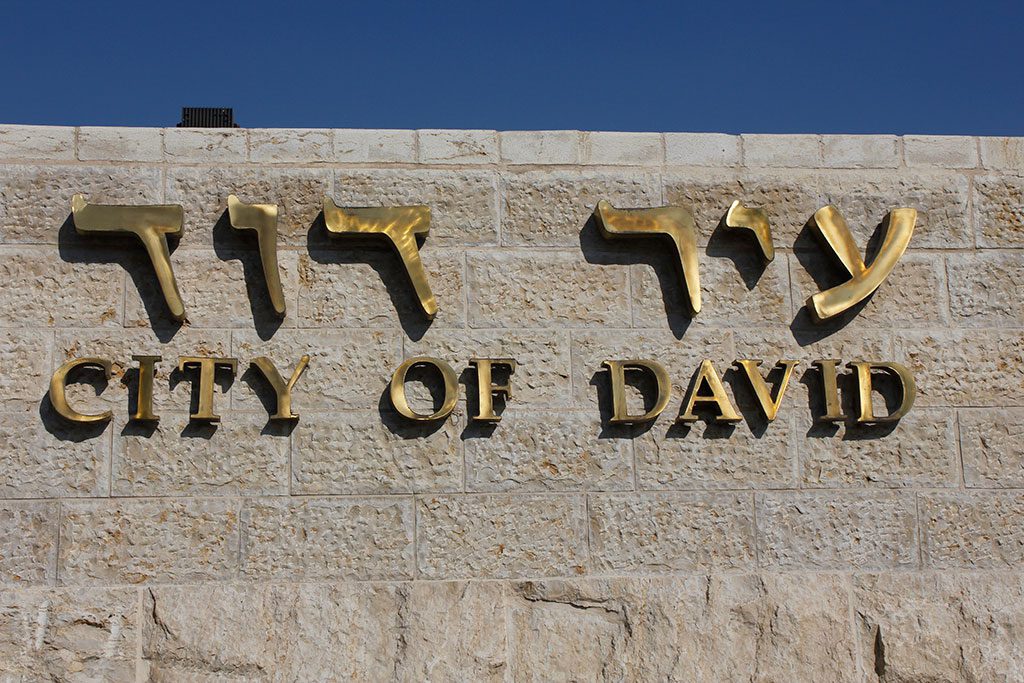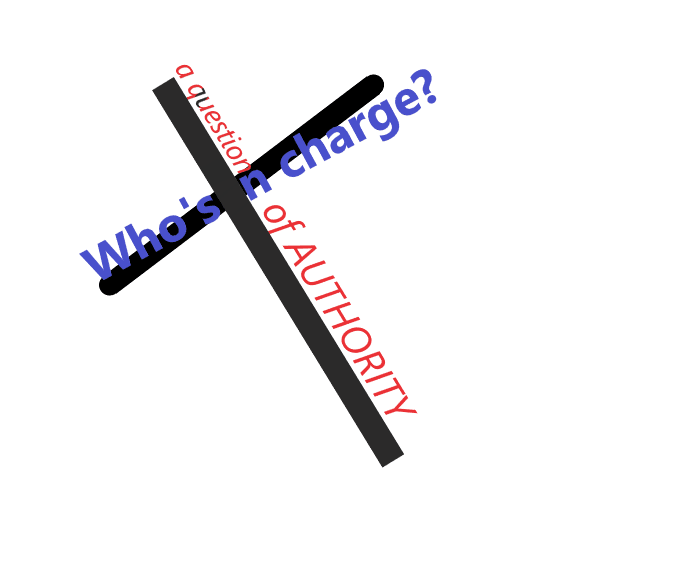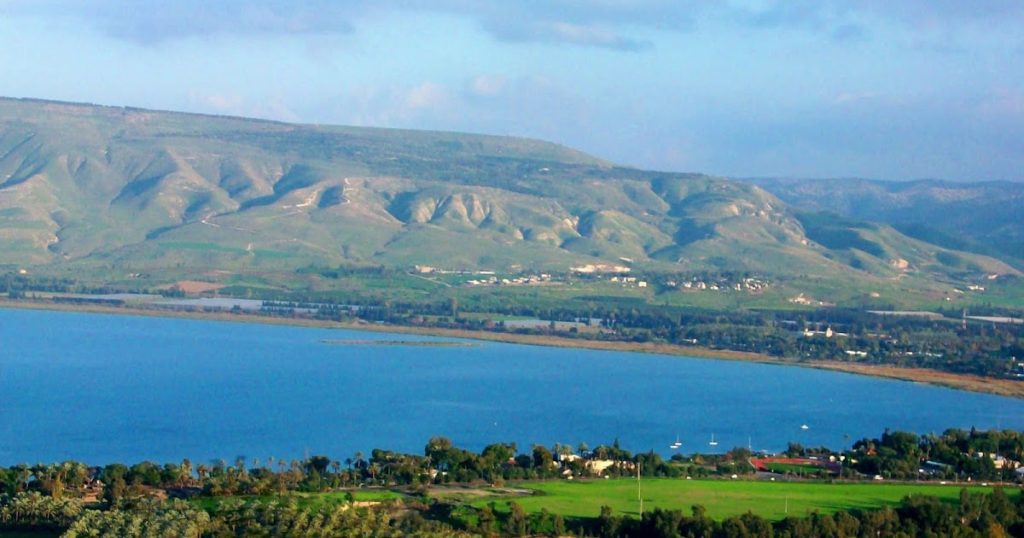Security
Story of a man awakened
I’d like to continue from what I told you last time. You need to know what happened after a rude awakening from my dream of when my wife and I were in Eden walking with God as if HE Who Created All was my friend!
You know of course that I awoke to this day and not a time before Abraham and you may have heard or read my story, but I wanted to tell you how I felt at the time.
A Knock at the Door
We lay intertwined embraced in warmth flowing from fingertips to toe. Our paradise shattered as I awoke to a loud knock on the door…
“David! . . . Lend me three loaves!”
Who is this at this late hour, I thought? Then as I recognized my neighbor’s outcry at our door,
“Shaul, is that you?” I inquired.
“Of course it’s me. Who else would it be at this hour?” my neighbor responded as he continued,
“A friend of mine has come to me from a journey, and I have nothing to set before him.”
We had just fallen asleep and I retorted,
“Do not bother me. As you can plainly see the door has already been shut and we are all in bed.”
“Come on, David, I have nothing to eat for my friends who have just arrived,” he replied.
“I cannot get up and give you anything,” I again said even though my wife and I were awake by now.
Shaul again began shamelessly knocking at our door as my wife looked toward me with that look.
“Alright, my friend,” I shouted over his knocks as I headed to the door.
“I will give you your bread.”
A Parable of Separation
You know this story.
Perhaps the characters are purely fictional as in most parables; but like many of Jesus’ parables, He probably retold it in many places to different crowds in various ways.
- Can you identify with the family behind locked doors in the darkness, separated from friends and seeking peace?
- Or perhaps you can imagine that you are the friend of Shaul, who has traveled a day’s journey and arrived unexpectedly late.
Your good friend didn’t even know that you were coming to him in person. And all of you were overjoyed for this personal reunion!
Friends — no longer separated by distance.
AND your friend is even willing to go to his friend and neighbor for something to eat while rejoined in communion with each other.
Picture Paradise when Heaven’s Door | of Separation | is Opened
I have just illustrated Jesus’ parable with names of appropriate symbolism as the Lord occasionally does. [i.e. Lazarus in the bosom of Abraham]

| שאול |
Shaul means, “borrowed.” http://blb.sc/000vVY
“Lend me three loaves,” he begs his beloved friend.

דָּוִד
David
David means, “friend” or “beloved.” http://blb.sc/001ccS
“This is my beloved and this is my friend,
O daughters of Jerusalem.” – Song 5:26b NASB
and behold, a voice out of the heavens said,
“This is My beloved Son, in whom I am well-pleased.”
says the LORD, the God of Israel – Gospel of Matthew 3:17
The Gospel of Luke 11:
It happened that while Jesus was praying in a certain place, when He had finished, one of His disciples said to Him, “Lord, teach us to pray…
We know it as:
The Lord’s Prayer
Jesus’ Disciples were already isolated ‘in a certain place.’
No show here for church friends
or ritualized rote of memorized obligation.
Father, hallowed be Your name.
Your kingdom come.
Give us each day our daily bread.
And forgive us our sins…
Gospel of Luke 11:2b-4a NASB
Christ’s application in an isolated place
Jesus, of course, is talking about prayer – petitions of a sinful man to a Father God | separated from man | by holiness.
Here is a man alone secure in his home praying – spirit to Spirit.
Perhaps he does dream of Paradise | personal relationship with the Lord God | as it was in the beginning.
Jesus invites His followers to a place | separated and distanced from others in this world.
The call to prayer is to the Father of His beloved children.
a friend at the door | to a Friend inside
I’ve told you this parable from a perspective of the FRIEND INSIDE.
The Lord Jesus speaks to each SINNER as a friend knocking | adam knocking repeatedly on the DOOR | of Heaven through prayer.
Jesus says of the FRIEND inside who I have just described in this parable:
8 I tell you, even if he will not get up and give him anything just because he is his friend, yet because of his shamelessness he will get up and give him as much as he needs.
- You and I are Shaul, the borrower of bread.
- Our Heavenly Father is David | our beloved friend with the bread of Heaven, which He now has given to us after having answered a knock at His door.
It is His story I have just told!
Our beloved Heavenly Father and Friend invites you to share the Bread that came down from Heaven – the Bread of Life, Christ Jesus Who IS the Son and | Door to eternal life.
Jesus answers disciples asking about prayer with a parable of the Father | who once again desires the Personal Face-to-face fellowship of Eden.
“So I say to you, ask, and it will be given to you;
seek, and you will find;
knock, and it will be opened to you.
For everyone who asks receives,
and the one who seeks finds,
and to the one who knocks, it will be opened.
The Good News of Luke 11:9-10 NASB | Jesus on prayer to the Father
NEXT: A look at Social Distancing of the Church in a 1st century world of violent upheaval.
To be continued...




